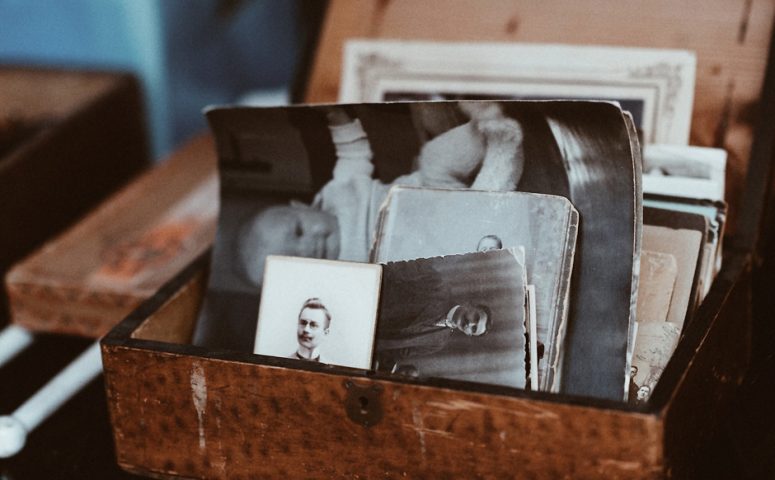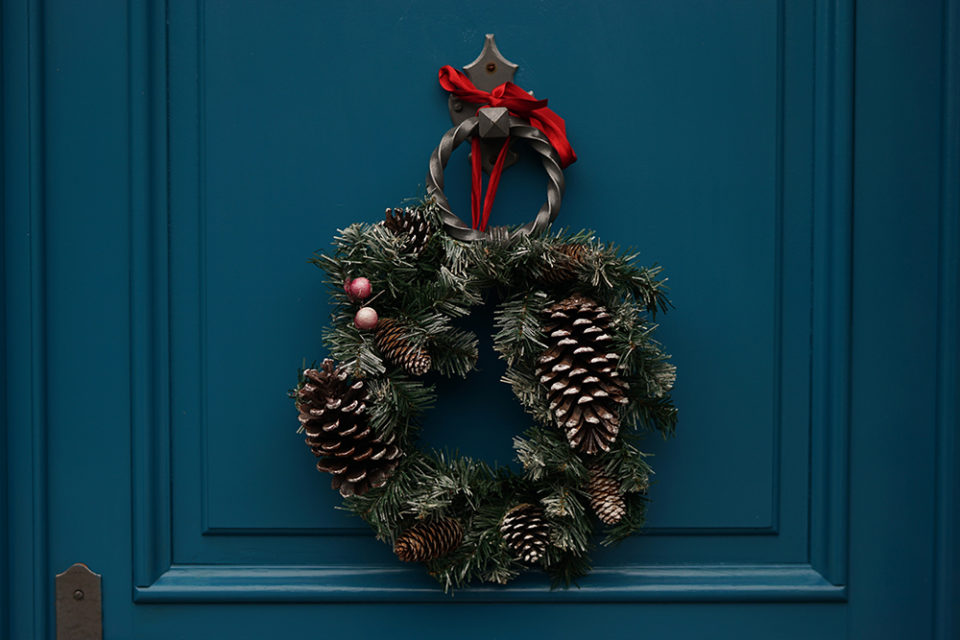Finding the Light in Dementia: 7 steps to creating a memory box

The New Secret Diary of Hendrik Groen
November 30, 2017
New Appointments at the World Dementia Council
January 5, 2018Finding the Light in Dementia: 7 steps to creating a memory box

When living with dementia it is important that each person maintains a connection with those around them. A great way to do this is to create a memory box. This will help you enjoy the present by exploring meaningful objects that reflect memorable aspects of your lives. It is also a good starting point to creating yours and your loved one’s life stories (watch this space).
- Write out a timeline of you and your loved one’s lives from birth to present day.
- Include significant information in your lives such a dates, people and places and key moments which can include first job, university, marriage, birth of children etc. Then you can add in themes such as holidays, hobbies, sporting achievements, life in your local community etc.
- Remember memories and emotions are connected and people living with dementia can often remember the emotions associated with aspects of life more than the facts. Make sure you focus on positive memories while being mindful of yours and their possible painful memories that may come to the fore.
- Find a box or basket (or you may want to make up a few that hold different objects that reflect different aspects of your lives e.g. a suitcase full of holiday memorabilia may help and/or a box of gardening objects such as seed packets, trugs, dibbers).
- Gather props – you will probably find most things around your home, involve your loved one in collecting interesting objects. Think about sensory props such as an oily rag for a car enthusiast to go with tools and maps or the smell of sun cream lotion to go with sand and shells.
- Use the box(es) to help stimulate and engage your loved one and leave them in key places in your home.
- Involve friends, family, befrienders and/or caregivers, allowing the contents of the box(es) to help spark conversations and help your loved one living with dementia feel connected with others
Other examples of memory boxes can include:
- Wedding memorabilia
- Stationary and office props
- Buttons, wool and textiles
- Gardening equipment
- DIY (be mindful of any possible sharp objects)
You may wish to have smaller boxes dotted around the home and the garden (but don’t clutter) that may help towards keeping your care partner interested and engaged in a meaningful activity. Don’t forget it is not just about past memories, you may also wish to gather objects together that hold a meaning in the present day. Why not bring together Christmas memorabilia?
Watch this space for more information on understanding how dementia can affect you or your loved one and how to overcome some of the difficulties you may be experiencing. Finding the Light in Dementia: A Guide for Families, Friends and Caregivers gives valuable tips and suggestions on how to overcome some of the difficulties you may be experiencing. Publication in January 2018.
 Jane M. Mullins is a dementia nurse consultant who has devoted over 25 years to the study and practice of dementia care. Through listening to and supporting people and their families during their diagnosis in memory clinics, caring for them in hospital and in care homes, she has helped throughout all of the stages of their condition.
Jane M. Mullins is a dementia nurse consultant who has devoted over 25 years to the study and practice of dementia care. Through listening to and supporting people and their families during their diagnosis in memory clinics, caring for them in hospital and in care homes, she has helped throughout all of the stages of their condition.
Jane has uncovered certain common features that may help caregivers and the people they care for find better ways of coping. Her practice experience is backed up by expert knowledge gained from attending conferences, continuing education, lecturing and keeping up to date with research, as well as studying for her Ph.D.
DUETcare
www.janemullins68.blogspot.com/
www.twitter.com/duetcare
www.facebook.com/DUETcare




